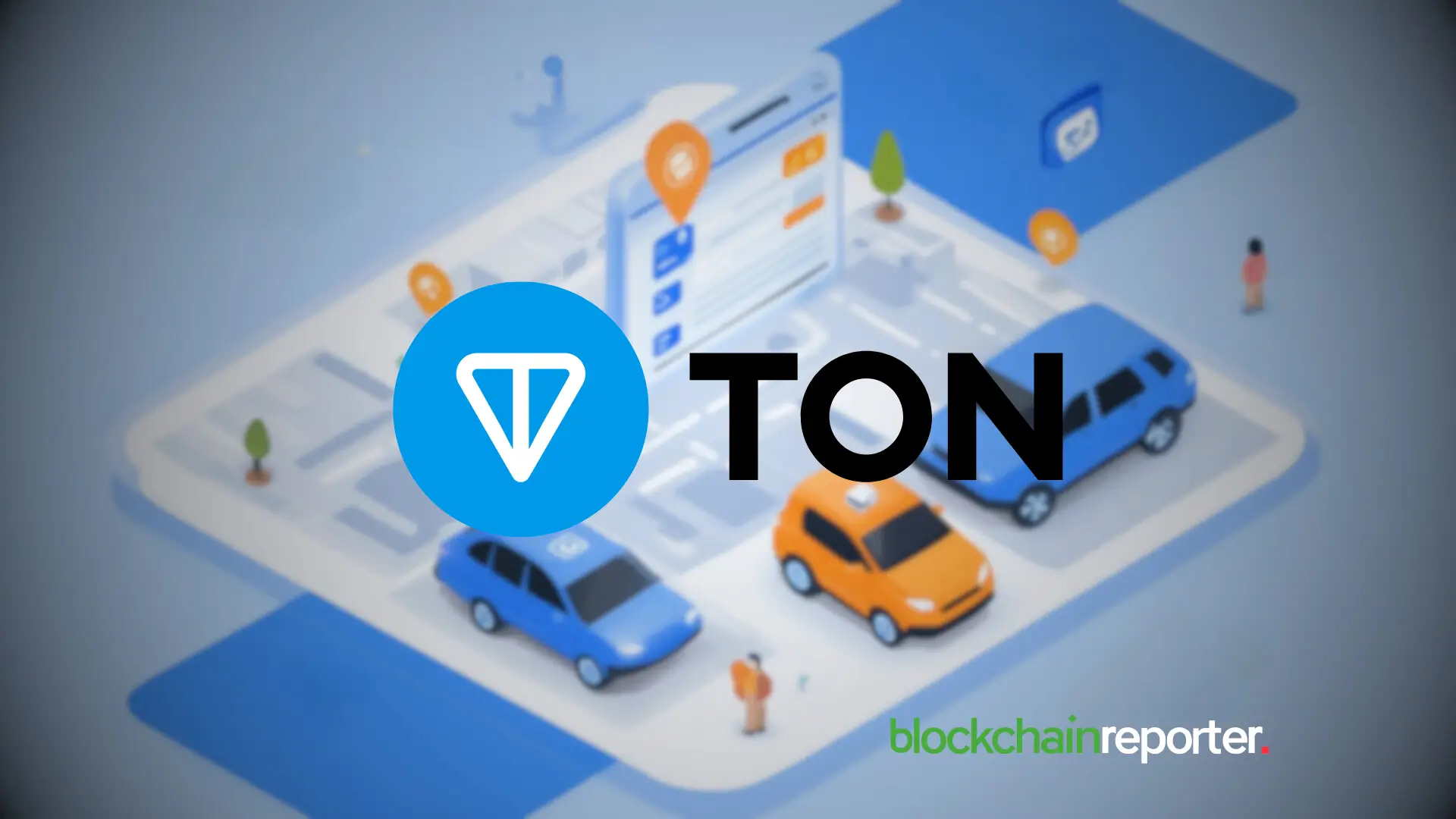
Orbs, a market leader in the development of Layer-3 blockchain solutions, has announced the launch of its TON Verifier. Users that contribute code to The Open Network (TON) chain will have the ability to publish their code once it has been verified thanks to the open-source application. The launch of the TON Verifier is a significant milestone on the path toward increasing the level of transparency provided by the TON chain.
Although it has an undeniable capacity for smart contracts, users and developers are still working toward improved accountability. In addition, having a source code that is both transparent and verifiable makes it much simpler to evaluate the validity of contracts. Orbs is a blockchain infrastructure that is both public and decentralized. It is run by a trusted network of permissionless validators using the Proof-of-Stake (PoS) consensus process.
The platform acts as a decentralized execution layer that sits in between the layer-1 and layer-2 chains that are already in place and the application layer. Orbs enables new use-cases for distributed finance (DeFi), non-fungible tokens (NFTs), game finance (GameFi), and other developing blockchain-based sectors by improving the capabilities of EVM and non-EVM smart contracts.
A Powerful Tool For Multiple Purposes
Trustlessness is essential to the success of decentralized environments such as the TON chain. Users still need to have faith in the code they are interacting with. A frictionless path toward accomplishing that objective can be paved with source code that has been verified. When it comes to dealing with financial balances, transactions, accounting, and other similar subjects, Orbs’ TON Verifier is a formidable tool. Although humans still create the code for smart contracts, the potential they hold is tremendously exciting.
Once a developer’s contract has been utilized to deposit payments, the developer may decide to make changes to the code. Another prevalent risk is a backdoor in the contract that allows the criminals to steal the things associated with the contract and deplete its resources. The exercise of due diligence is of the utmost importance for both users and developers. Anyone can match the source code of the contract to the bytecode that is stored on the blockchain if they have TON Verifier.
Developers will be able to upload source code for smart contracts and attach a signed proof when using the new Orbs tool. This will verify that the code will compile to the on-chain version. The app, which compiles and checks the source, is used for the verification of the contracts. If everything is in order, the app will be issued a BoC, which the user can then submit to the verifier and sources registries in order to validate the app’s legitimacy. In the event that the compilation is unsuccessful or there is a hash mismatch, users will be provided with ideas on how to obtain the appropriate hash.
Establishing Trust And Transparency
Orbs uses a decentralized model to ensure that the integrity of smart contracts is maintained. Users are freed from the necessity of relying on the Orbs-run backend thanks to TEP-91’s solution. Instead, anyone can create a verifier, register it with the registry, and choose a backend for it. All of the sources are initially saved on IPFS, and then they are migrated to TON storage later on. In order to build trust and transparency, the TON Verifier developed by Orbs is a significant step forward in the correct direction.
On the other hand, having the source code validated does not necessarily eliminate all danger. Regardless of whether or not the user’s code matches the bytecode found on the chain, they still have a responsibility to exercise due care when assessing code and the ramifications it may have. Users have the ability to mark potentially misleading code in order to warn others about possible risks.
Orbs has not wavered in its support for the TON network or its continued growth. Minter, which can be used to distribute alternative tokens on TON, was just presented by the team. This effort has resulted in the creation of close to 500 tokens, which has contributed to the expansion and allure of the ecosystem. Orbs creates solutions that are intended to enhance both transparency and security for consumers and developers.
The Durov brothers, who also founded Telegram Messenger, are responsible for the development of the TON blockchain, which is a proof-of-stake network of the third generation. After some time, control of it was transferred to the open TON Community, which has been responsible for its continued maintenance and advancement ever since. TON was developed to facilitate lightning-fast transactions; in addition, it is incredibly affordable, user-friendly, and completely functional.









